What is Art Therapy?/ #Marketing Monday
I’m going to spend the next few #MarketingMondays exploring what Art Therapy is. Please note, it’s difficult to convey in words what is primarily experienced through the body. Art therapy (art making) is by nature a physical experience as much as it is mental. As Confucian scholar Xunzi (340 – 245 BC) said, “What I hear, I forget. What I see, I remember. What I do, I understand.”
Experiential methods of learning by doing are really the best way to learn about art therapy. There are self-guided books, workshops and open studio sessions where people can learn for themselves about this wonderful healing modality. And of course there are many art therapists in private practice. Most states, like Illinois, have art therapy associations that maintain provider directories. http://www.illinoisarttherapy.org/find-an-art-therapist.html
One can also filter for “art therapy” using search platforms like those provided by Psychology Today. https://www.psychologytoday.com/us/therapists/il/chicago?category=art-therapy
As I alluded to above, art therapy is so varied and full of possibilities that it can be hard to explain. Think of this as just a snapshot:
At its most basic, art therapy is the therapeutic use of art, art media, art making processes and the resulting images to explore thoughts, feelings, ideas, issues, conflicts, dreams, wants, etc. No special skills are required to try art therapy. There is no art class prerequisite, no prior art skills knowledge. All you need is an open mind and willingness to try in order to access non-verbal ways of healing through art-based kinesthetic, sensory mind-body integration.
Art therapy is available across the life span in many diverse settings from private practice to community art studios to hospitals, prisons and hospice care, to name a few. It can be individual, group, studio, family or couples based. Some art therapists work with kids, and some, like myself, work exclusively with adults (more on this to come).
It is important that anyone providing clinical art therapy be a trained professional (or in a training program working toward a degree or certificate and under the supervision of a professional). Art therapists are required to have master’s level training in art materials and art making, psychology, individual and group therapy, and trauma informed culturally aware counseling techniques; and are guided by ethical standards. Depending on art therapy licensure laws in the state in which they practice, most art therapists are also licensed clinical professional counselors or social workers. Additionally, most art therapists are also artists.
Many therapists claim to offer art therapy. Some may use arts based interventions, expressive arts therapies (more on that another time), or “non-clinical” art therapy. But without proper accredited graduate level art therapy training, well meaning practitioners might inadvertently do harm. This is not to say that artists and other folks can’t offer art as a healing modality. They most certainly can, and do. They just can’t call it “art therapy.” Consumers have a right to know what they are getting and from whom.
For further definitions, please see:
https://www.arttherapy.org/upload/2017_DefinitionofProfession.pdf
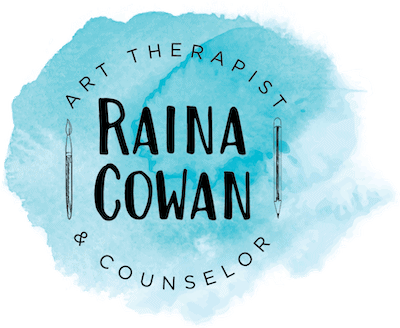
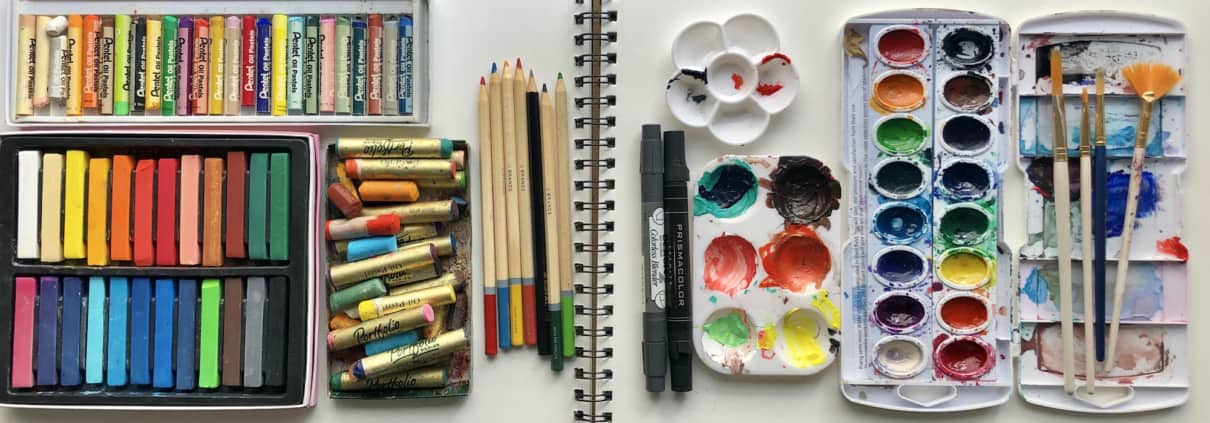
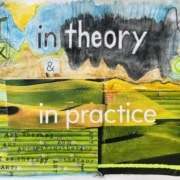
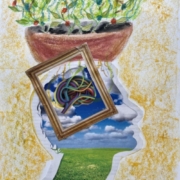 https://www.rainacowanarttherapist.com/wp-content/uploads/2023/03/What-is-Art-Tx-3.jpeg
https://www.rainacowanarttherapist.com/wp-content/uploads/2023/03/What-is-Art-Tx-3.jpeg
 rainacowanarttherapist.com
rainacowanarttherapist.com
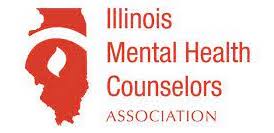

 https://www.rainacowanarttherapist.com/wp-content/uploads/2023/03/What-is-Art-Tx-3.jpeg
https://www.rainacowanarttherapist.com/wp-content/uploads/2023/03/What-is-Art-Tx-3.jpeg